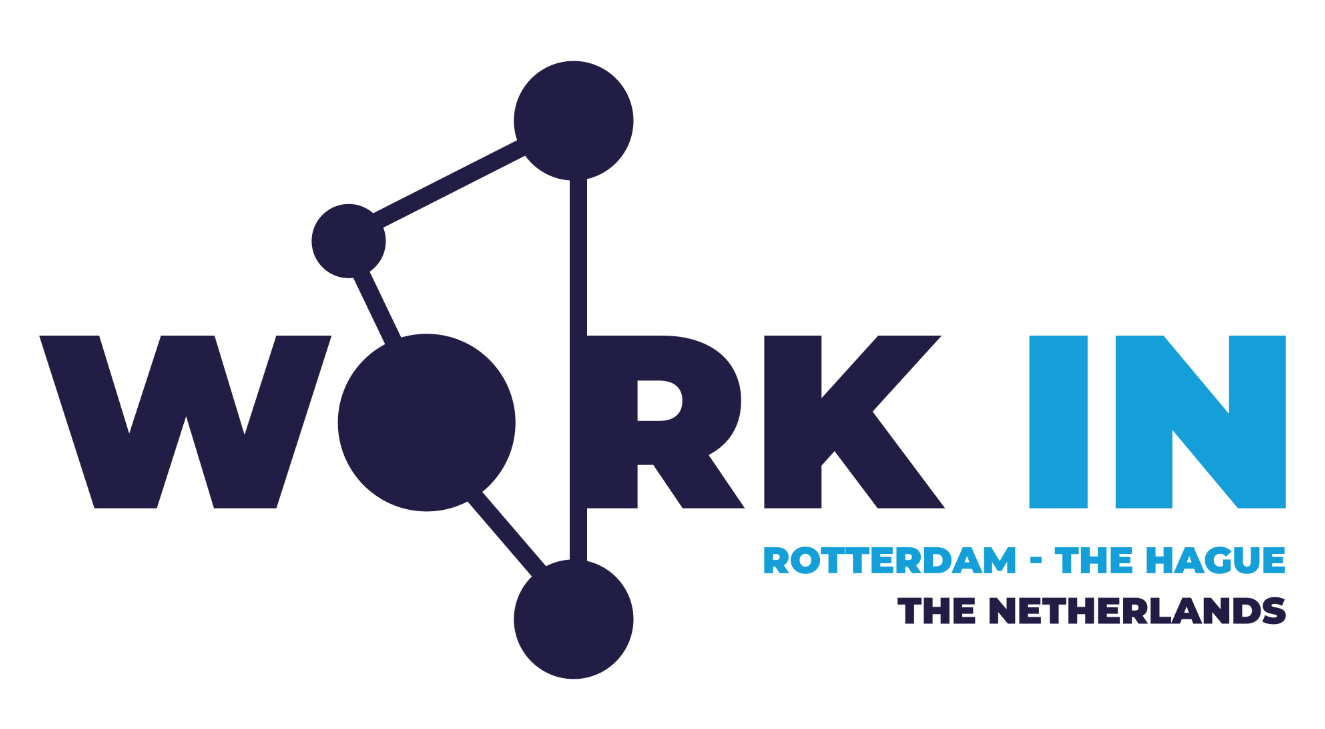PhD Candidate Human-Centered Interpretable Machine Learning

Leiden University
The Faculty of Science, Leiden Institute of Advanced Computer Science,is looking for a:
PhD Candidate Human-Centered Interpretable Machine Learning (1.0fte)
Project description
In recent years, practitioners and researchers have realized that predictions made by machine learning models should be transparent and intelligible. Although explainable AI methods can shed some light on the inner workings of black-box machine learning models such as deep neural networks, they have severe drawbacks and limitations. The field of interpretable machine learning aims to fill this gap by developing interpretable models and algorithms for learning from data. Meanwhile, the field of knowledge discovery and data mining has allowed us to obtain insights from large amounts of data for decades, and it is worth revisiting ideas and concepts from this field for the purpose of interpretable machine learning. Pattern-based modelling, for example, cannot only be used for exploratory data mining but also for predictive tasks.
Making machine learning interpretable, however, is not enough to make it fully useable for practitioners, for example in the health care domain, for two reasons. The first reason is that most algorithms exclusively learn from data, e.g., they cannot take into account domain expertise of the practitioner. Hence, there is a strong need for a human-centered approach that enables experts to inform and guide the learning process. The second reason is that interpretable models typically do not achieve the same level of accuracy as state-of-the-art black-box models. To remedy this, it is worth investigating hybrid models and learning, for example, combining pattern-based models with neural nets, or methods that enable interpretable models to learn from deep representations.
In this project, the researcher will develop theory and algorithms for (hybrid) model selection that allows to exploit domain knowledge through interactive learning. For this we will build on the minimum description length (MDL) principle and interpretable machine learning approaches. The resulting methods will be evaluated on real-world case studies in health care, to demonstrate the potential to discover novel insights from data.
The candidate will be embedded in the Explanatory Data Analysis group at the Leiden Institute of Advanced Computer Science. The group develops algorithms and theory that enable domain experts to describe data, discover causal relationships, and predict using interpretable patterns and models. More information about the group can be found at http://eda.liacs.nl/
Key responsibilities
- Conduct original and novel research in the field of human-centered interpretable machine learning;
- Explore applications of human-centered interpretable machine learning in health care;
- Publish and present scientific articles at top journals and conferences;
- Contribute to educational activities;
- Write a dissertation.
Selection Criteria
- A MSc degree in Computer Science, Statistics, Artificial Intelligence, Data Science, or a related field;
- Strong knowledge of and experienced with machine learning, data mining, and statistics;
- Knowledge of and experience with information theoretic learning (e.g., the MDL principle) is a plus;
- Highly motivated to both perform foundational data mining research and apply the developed methods to real-world applications;
- Creative, ‘making things work’ mentality, independent, and communicative team player;
- Experienced with writing scientific manuscripts and excellent academic writing skills;
- Excellent programming skills (preferably in Python);
- Interested in contributing to educational activities;
- Excellent proficiency in English (oral and written).
Research at our faculty
The Faculty of Science is a world-class faculty where staff and students work together in a dynamic international environment. Our people are driven by curiosity to expand fundamental knowledge and to look beyond the borders of their own discipline. The research carried out at the Faculty of Science is diverse, ranging from mathematics, artificial intelligence, computer science, astronomy, physics, chemistry and bio-pharmaceutical sciences to biology and environmental sciences. The faculty has grown strongly in recent years and now has more than 1,300 staff and almost 4,000 students. We are located at the heart of Leiden’s Bio Science Park, one of Europe’s biggest science parks, where university and business life come together. For more information, see http://www.science.leidenuniv.nl. The Leiden Institute of Advanced Computer Science (LIACS) is the Artificial Intelligence and Computer Science Institute in the Faculty of Science of Leiden University. We offer courses at the Bachelor and Master of Science level in Artificial Intelligence and Computer Science. According to an independent research review, we are one of the foremost computer science departments of the Netherlands. We strive for excellence in a caring institute, where excellence, fun, and diversity go hand in hand. We offer a clear and inviting career path to young and talented scientists with the ambition to grow. For more information about LIACS, see http://www.cs.leiden.edu
Terms and conditions
We offer a full-time 1 year term position for initially one year. After a positive evaluation of the progress of the thesis, personal capabilities and compatibility, the appointment will be extended by a further three years. Salary ranges from € 3.059,- to €3.881,- gross per month (pay scale P in accordance with the Collective Labour Agreement for Dutch Universities). All our PhD students are embedded in the Leiden University Graduate School of Science www.graduateschools.leidenuniv.nl. Our graduate school offers several PhD training courses at three levels: professional courses, skills training and personal effectiveness. In addition, advanced courses to deepen scientific knowledge are offered by the research school.
Leiden University offers an attractive benefits package with additional holiday (8%) and end-of-year bonuses (8.3%), training and career development and sabbatical leave. Our individual choices model gives you some freedom to assemble your own set of terms and conditions. Candidates from outside the Netherlands may be eligible for a substantial tax break.
Work-life balance
Leiden University is strongly committed to diversity within its community and especially welcomes applications from members of underrepresented groups. We wish to reflect society both in age, gender and culture, as we believe that this would optimize the dynamics in our organization. Therefore, we support and understand the need for a work/life/family balance and consequent varying working hours and places. In the Netherlands, a maternity allowance is standard for 16 weeks. Child care is available at and near the Bio Science Park.
Information
Enquiries can be made to Matthijs van Leeuwen (m.van.leeuwen@liacs.leidenuniv.nl). If you have any question regarding the procedure, you can sent an email to: jobs@liacs.leidenuniv.nl
Applications
You can apply online via the blue button in the vacancy. Please ensure that you attach the following additional documents:
• Curriculum vitae (CV);
• Motivation letter (1 page);
• Grade list and MSc degree (or expected graduation date);
• (Draft of) MSc thesis;
• Contact information for two references;
• Link to public code repository (e.g., GitHub) or example of written code base.
Only applications received no later than 14-10-2025 can be considered. Applicants may be contacted with requests for additional information and/or exploratory conversations before the closing date.

